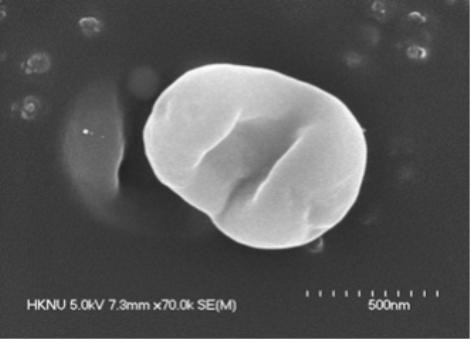In the Mujechi Wetland located in Ulju-gun, Ulsan, Korea’s representative peatland, two methane-automated bacteria that decompose methane (CH4), a major greenhouse gas, were found.
The National Institute of Biological Resources, affiliated with the Ministry of Environment, announced on the 6th that it discovered such a strain through a joint research with Professor Yoon Seok-hwan and KAIST professor.
Methane is known to have a warming potential (global warming potential) of about 21 times that of carbon dioxide.
Methanogens are bacteria that live as an energy source by decomposing (oxidizing) methane into methanol (alcohol) and reducing methane in the environment. Depending on the strain, it is known to decompose up to 90% of methane produced in oxygen-free soils such as peat beds, and so far, about 60 species have been reported to the academic community.
According to the National Institute of Biological Resources, the two strains of methanogens that the researchers discovered this time are Methylomonas JS1 and Methylocystis MJC1. The ability to decompose vinyl chloride was also confirmed.
Vinyl chloride is a raw material for polyvinyl chloride resin, which is mainly used for plastics and pipes, and it is not easy to decompose due to the molecules in which chlorine, a halogen element, is bound, causing environmental pollution.
The National Institute of Biological Resources said, “Because the methanogens discovered this time have been confirmed to be capable of decomposing vinyl chloride in an anaerobic environment, they are highly utilized in various biological industries using methane, and they plan to apply for a related patent within the first half of this year.”
According to the National Institute of Biological Resources, research to convert methane into alcohol or biopolymers (biopolymers) using methane magnetizing bacteria is being actively promoted in recent years.
“It is very important to understand the role of microorganisms involved in the methane cycle in order to cope with the crisis of climate change,” said Bae Yeon-jae, head of the National Institute of Biological Resources. I will find it.”
